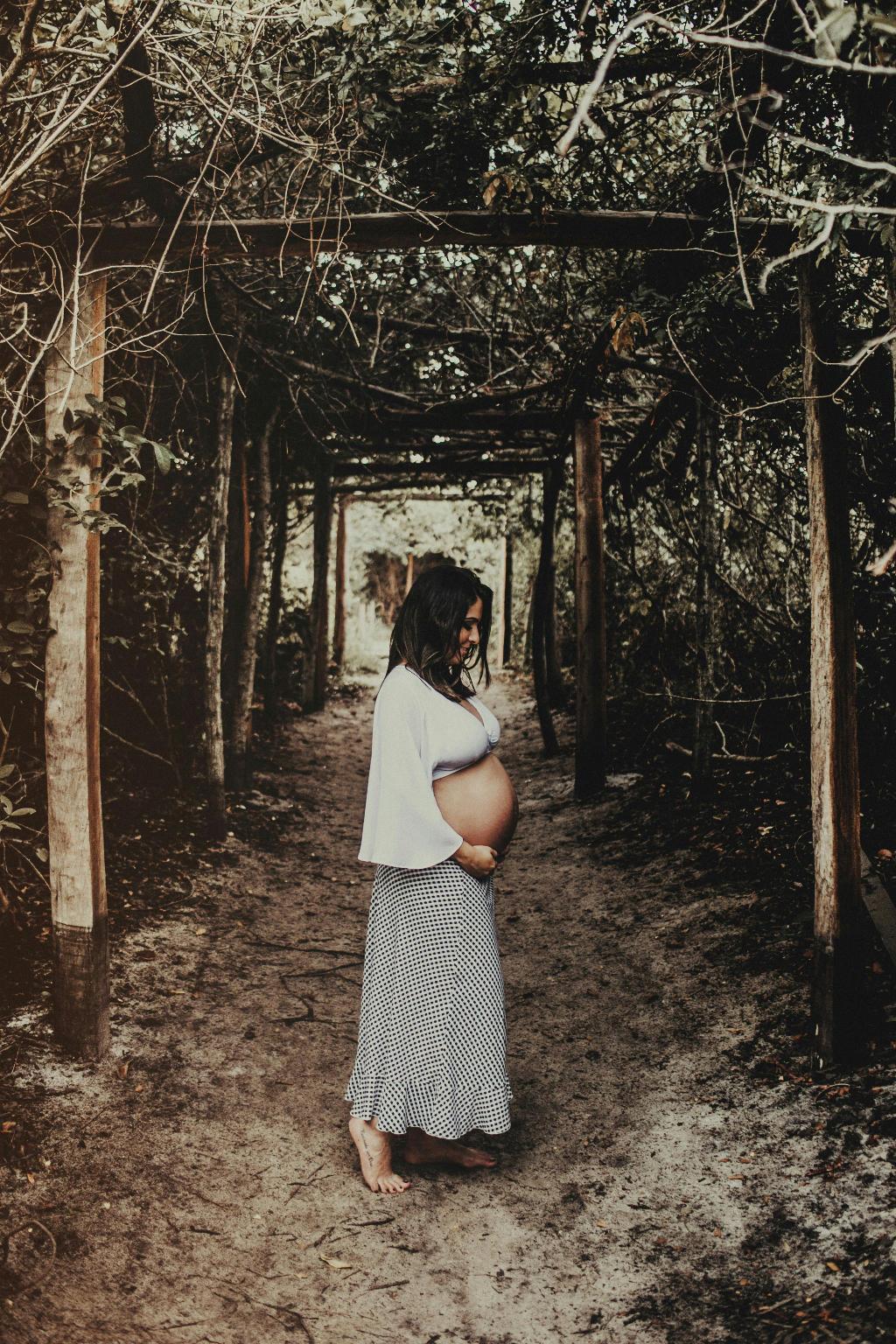For many women, the journey of pregnancy comes not only with physical changes but also behavioral changes, not just for the expecting mother, but potentially for their furry companions as well. Dogs, being highly intuitive creatures, are often acutely aware of these changes, prompting shifts in their own behavior.
Increased Affection and Protection
One common behavior that pregnant women may observe in their dogs is an increase in affection and protectiveness. Dogs have a remarkable ability to pick up on hormonal changes, and many may respond by becoming more attentive and cuddly towards their pregnant owner. This can manifest in the form of increased licking, following the expectant mother around, or even gently resting their head on her belly.
Agitation and Vocalization
On the flip side, some dogs may exhibit signs of agitation, growling, or barking when they sense a change in their owner’s condition. This reaction can be attributed to the dog’s confusion or anxiety about the unfamiliar scents and behaviors associated with pregnancy. It’s crucial for pet owners to observe these cues and provide reassurance and training if necessary.
Uncooperative Behavior
In addition to vocalizations, some dogs may become uncharacteristically uncooperative during their owner’s pregnancy. This can range from refusing commands they previously followed to displaying disobedient behavior. It’s essential for dog owners to practice patience and understanding during this time, as the dog may be feeling uncertain or stressed.
Changes in Bathroom Habits
One surprising behavior pregnant women might notice is their dog urinating around the house. This can be a response to the changes in routine or heightened emotions in the household. It’s crucial for pet owners not to scold their dogs for this behavior but instead to reinforce proper bathroom habits through positive reinforcement and consistency.
Signs of Stress or Anxiety
It’s important to note that changes in a dog’s behavior during pregnancy can also indicate stress or anxiety. Dogs are sensitive creatures, and the upheaval in their owner’s routine and emotions can impact them deeply. Signs of stress can include pacing, drooling, excessive barking, or destructive behavior.
Establishing a Routine
To help your dog adjust to the changes that come with pregnancy, establishing a consistent routine can be immensely beneficial. Dogs thrive on predictability, so maintaining regular feeding times, exercise schedules, and playtime can provide a sense of stability and security for your furry friend.
Positive Reinforcement
During pregnancy, reinforcing positive behaviors in your dog is key to fostering a harmonious relationship. Whether it’s through verbal praise, treats, or playtime, rewarding good behavior can help strengthen the bond between you and your pet and encourage desirable actions.
Seeking Professional Guidance
If you’re experiencing challenges with your dog’s behavior during your pregnancy, don’t hesitate to seek guidance from a professional dog trainer or behaviorist. They can provide tailored advice and strategies to address any issues and ensure a smooth transition for both you and your pet.
Understanding Your Dog’s Needs
Ultimately, understanding and empathizing with your dog’s needs during your pregnancy is essential for maintaining a positive relationship. While it’s natural for dogs to react to the changes in their environment, patience, consistency, and love can go a long way in supporting your pet during this transformative time.
In Summary
So, how do dogs act when they know you’re pregnant? The answer is multifaceted, with behaviors ranging from increased affection and protectiveness to signs of stress or anxiety. By being attuned to your dog’s cues, establishing a routine, and practicing positive reinforcement, you can navigate this unique period with your furry companion by your side.

